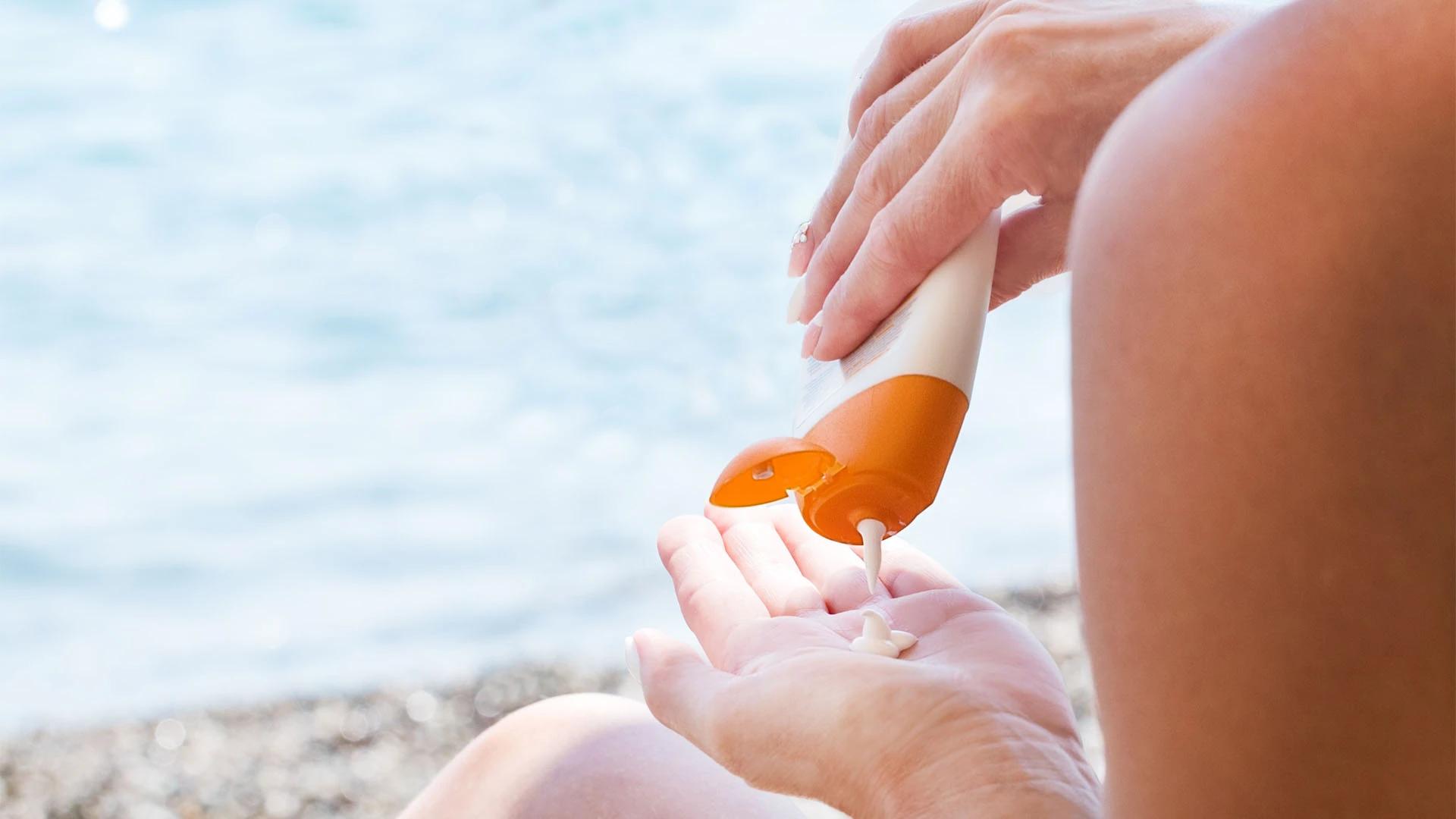Sunscreen for Different Activities
Your daily commute to work calls for different protection than a day at the beach. For everyday wear, SPF 30 is generally sufficient. For extended outdoor activities, water sports, or holidays in sunny destinations, bump it up to SPF 50 and make sure it's water resistant. Think about your day and choose accordingly.
Common Sunscreen Myths Debunked
Let's clear up some confusion. You absolutely need sunscreen on cloudy days—UV rays penetrate clouds easily. People with darker skin tones still need sun protection, though they might not burn as quickly. And no, last year's sunscreen probably isn't still effective—most expire after 12 months once opened. Real talk: these myths can lead to serious sun damage, so don't risk it.
Frequently Asked Questions
Can I use the same sunscreen for my face and body?
Technically yes, but your face deserves better. Face sunscreens are formulated to be gentler, less likely to clog pores, and more comfortable under makeup. Body sunscreens are often thicker and might feel heavy on your face.
How long does sunscreen last before it expires?
Most sunscreens last about three years unopened, but once you start using them, aim to finish within 12 months. Check the expiration date and look out for changes in texture, smell, or colour—these are signs it's time to bin it.
Is a higher SPF always better?
Not necessarily. SPF 30 and SPF 50 offer very similar protection (97% vs 98% of UVB rays). The most important thing is applying enough product and reapplying regularly, regardless of the SPF number.
Can I skip sunscreen on cloudy days?
Absolutely not. Up to 80% of UV rays can penetrate clouds, so you're still at risk of sun damage. Make daily sunscreen application a non-negotiable part of your routine, weather be damned.
Final Thoughts
Finding your perfect sunscreen match isn't about following trends or buying the most expensive option. It's about understanding your skin, your lifestyle, and what actually works for your daily routine. Whether you're team mineral or team chemical, SPF 30 or 50, the best sunscreen is the one you'll actually use every single day. Start with your skin type, consider your specific needs, and don't be afraid to try different formulas until you find your fave. Your skin is in this for the long game, and consistent protection today means healthier, happier skin tomorrow.

 50 ml
50 ml 50 gm
50 gm 300 ml
300 ml 60 ml
60 ml